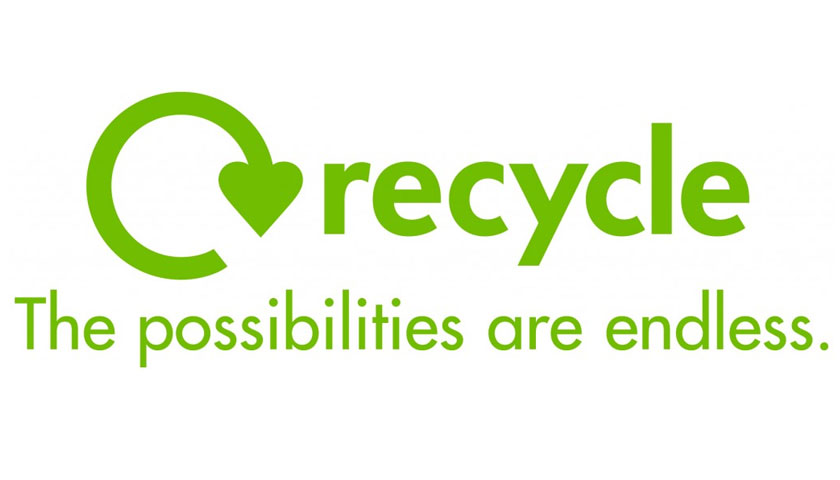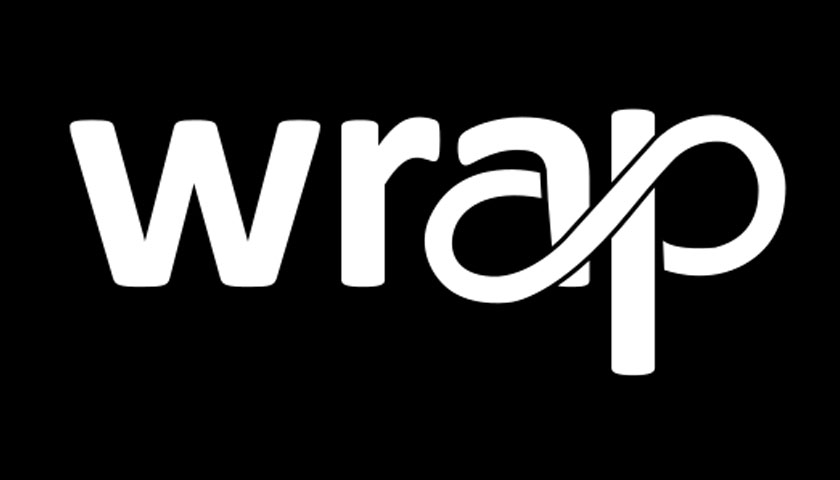A new campaign launching today in Northern Ireland is encouraging all householders to eat the food they buy and recycle any inedible by utilising their food waste caddies. The campaign, spearheaded by Recycle Now in partnership with DAERA, wants to make people aware of the huge benefits of not wasting food and recycling the inedible parts by using these bins, instead of putting food waste into their general rubbish bins. 30% of the average Northern Irish rubbish bin is still made up of food, most of which could have been…
Read MoreTag: WRAP
$15M additional funding to tackle food waste around the world.
Work tackling the huge environmental cost of food waste has been given a massive boost this year, as international climate action NGO WRAP receives catalytic funding from the Ballmer Group. The $15M funding will support essential work by WRAP and our partners in tackling food loss and waste through existing Voluntary Agreements in Australia, Indonesia, Mexico, South Africa and to create a new food waste voluntary agreement in Brazil. The funding covers ongoing work with money allocated to each nation to increase the systemic Target-Measure-Act approach to reduce food waste…
Read MoreWRAP consultation begins on GHG Measurement and Reporting Protocols for Food and Drink
WRAP recently announces a consultation on proposed changes and improvements to Greenhouse Gas (GHG) Measurement and Reporting Protocols for Food and Drink. Why: Since the original protocols were launched in May 2022, new guidance from the Greenhouse Gas Protocol, Science Based Targets initiative and WRAP, has impacted how emissions should be measured. WRAP and partners have, therefore, completed an audit of all guidance, sought feedback from industry and representatives (such as the Food Data Transparency Partnership and member bodies) and now need to work with industry to update the Protocols.…
Read MoreWRAP announces Food Waste Action Week 2024
WRAP’s food waste prevention brand, Love Food Hate Waste (LFHW) announces fourth annual Food Waste Action Week (FWAW) – the UK’s largest food waste behaviour change campaign aiming to cut household food waste, reduce shopping bills and save the planet. Food Waste Action Week will run from Monday 4th – Sunday 10th March 2024. Objectives of Food Waste Action Week: The fourth annual FWAW will build on the success of this year’s campaign which involved 162 organisations in 12 countries. Focusing on the theme of ‘Choose What You’ll Use,’ the 2024 campaign will…
Read MoreNHS Trusts could access vital cash injection recycling walking aides.
WRAP is calling on the nation to help NHS Trusts by returning any unwanted or faulty walking aids for reuse or recycling. The drive is estimated to save an average Trust around £46,000 per year and help reduce waste and carbon linked to a key NHS service. Many people need walking aides for a relatively short period of time following an accident or period of ill health or may have equipment that a loved one no longer needs. By ensuring that these items are returned and repurposed the cost savings…
Read More
